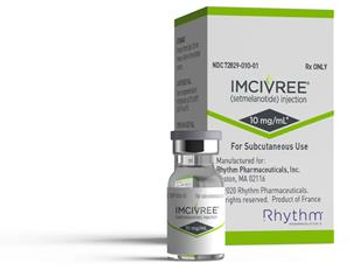
The FDA also issued a complete response letter for Imcivree for use in patients with Alstrom syndrome, another genetic rare disease that can cause obesity.

The FDA also issued a complete response letter for Imcivree for use in patients with Alstrom syndrome, another genetic rare disease that can cause obesity.

The Federal Trade Commission said that paying or accepting rebates or fees in exchange for excluding lower cost drugs on formularies could be considered commercial bribery.

A literature review by AmerisourceBergen's Xcenda identifies a link between high cost sharing and patient nonadherence to medication regimens.

The committee recommended Moderna’s and Pfizer’s COVID-19 vaccines were recommended for children 6 months to five years, as well as Moderna’s vaccine for children ages 7 to 16.

Genentech’s anti-amyloid crenezumab did not slow or prevent cognitive decline in people with early-onset Alzheimer’s disease.

Joe Murad, president and CEO of the pharmacy benefit manager WithMe Health, talks about how consumer-driven healthcare requires access, transparency, and easier navigation.

Researchers writing in Health Affairs have found that new patents for updated devices have delayed generic competition in asthma and COPD treatments.

But investigators found that U.S. approvals often come before publication of results.

A generic is available for one, and Centers for Medicare & Medicaid Services has removed two others from Medicare Part D coverage.
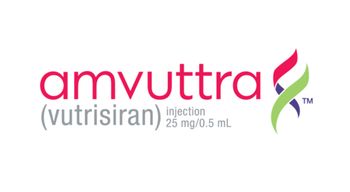
Amvuttra is expected to launch in July, and the developer, Alnylam, plans to make this available through value-based agreements.
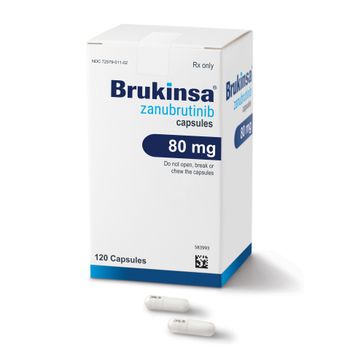
The FDA needs time to review additional clinical data submitted by BeiGene for the leukemia/lymphoma indication. The new date is Jan. 20, 2023.

In February 2022, the FDA had issued a complete response letter in order to inspect a new third-party packaging and labeling facility.

The FDA has set a PDUFA date of Jan. 29, 2023, but Merck indicated additional data may be provided to regulators that extends this date.

If approved, beti-cel will be the first potentially curative gene therapy for people with beta-thalassemia who require regular red blood cell transfusions. The PDUFA date is Aug. 19, 2022.

If approved, elivaldogene autotemcel will be the first gene therapy to address the underlying genetic cause of cerebral adrenoleukodystrophy, a rare disease that affects young boys.

Efanesoctocog alfa is a new class of factor VIII therapy with once-weekly prophylactic dosing. The application for approval expected to be filed mid year.

The recalls were made because the medications failed sterility testing.

Two studies conducted by AllianceRx Walgreens Prime call attention to the importance of adherence for reducing risk of negative health outcomes and financial costs.

Novavax’s COVID-19 vaccine demonstrated 90.4% efficacy with a low number of serious and severe adverse events, including myocarditis.
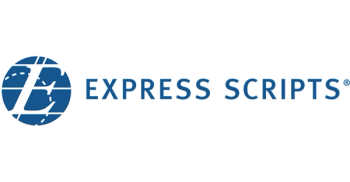
In some cases, the exclusions favored brand medicines that were more expensive than the excluded generics.

This trend in prescription drug pricing outpaces growth in prices for other healthcare services.

The commission will review PBM business practices, including the impact of rebates on formulary design, the costs of prescription drugs to patients, and methods to determine pharmacy reimbursement.
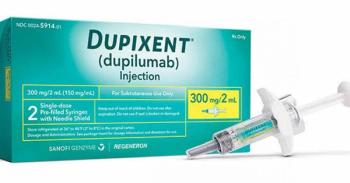
Dupixent is the first biologic medicine approved to treat moderate-to-severe atopic dermatitis from infancy through adulthood.
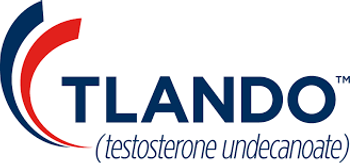
Approved in March, Tlando is an oral testosterone that doesn’t require dose titration.

A more accurate number of rare diseases is more than 10,000, and just 500 of these disorders have treatment options available for patients, according to RARE-X.